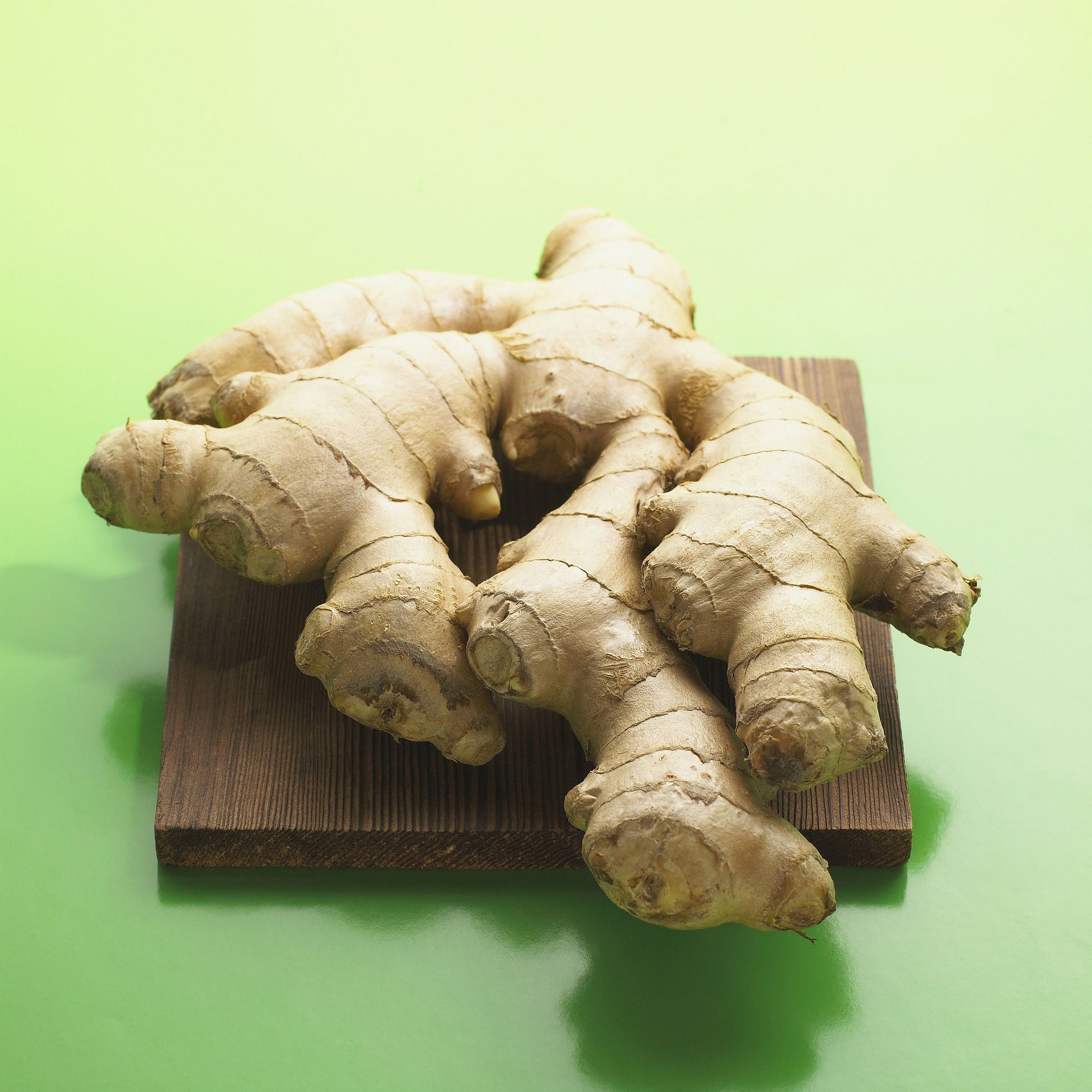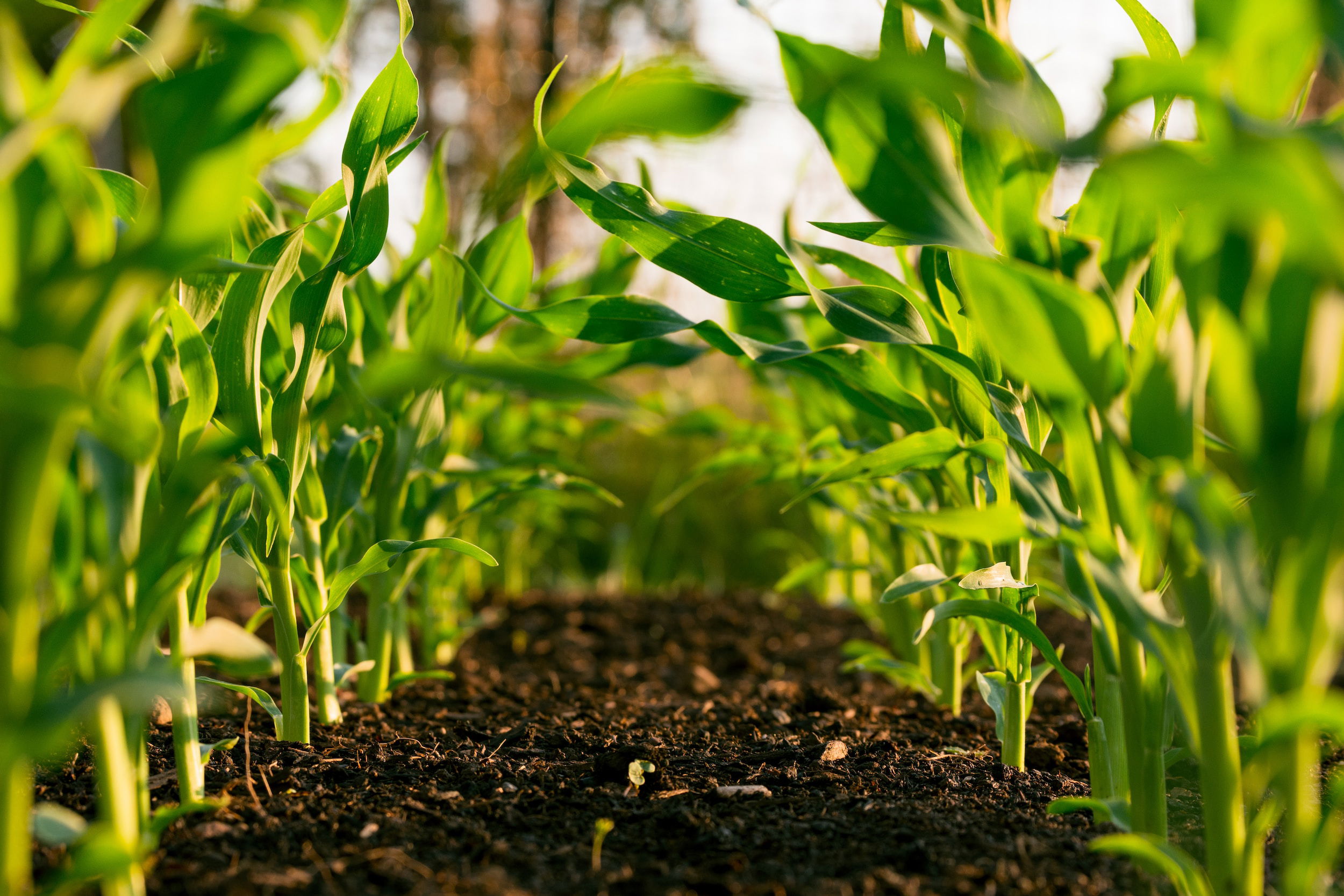The evolution of ginger farming in Thailand

Thai ginger has taken the world by storm with its distinct flavor and numerous health benefits, standing out among other varieties of ginger. With its growing demand in the international market, Thai ginger has become Thailand's hottest export. This aromatic root is not only a staple in traditional Thai cooking but also a versatile ingredient in various global cuisines. Its popularity has undeniably played a significant role in the country's economy, especially for small-scale farmers who have benefited from its cultivation. This article takes a closer look into the history, production, and exportation of Thai ginger, its impact on the economy, and its future prospects in the global market.
1. Introduction: The global popularity of Thai ginger
Ginger has been an essential ingredient in Asian cuisine and traditional medicine for centuries. In recent years, however, Thai ginger has captured the attention of foodies and health enthusiasts worldwide. Thailand has emerged as the leading exporter of fresh ginger, supplying more than 60% of the global demand. The country's tropical climate, fertile soil, and skilled farmers have contributed to the success of Thai ginger, making it a must-have ingredient in kitchens globally.
Thailand's ginger export and its growing demand in the international market
Thailand has been exporting ginger to various countries for decades, but it was only in the 2010s that the demand for its ginger increased. Today, Thai ginger is exported to more than 100 countries, including the United States, Japan, China, and Europe. The international market's growing demand for Thai ginger can be attributed to its exceptional quality, flavor, and aroma.

2. The history of ginger in Thailand
The origins and traditional uses of ginger in Thai culture
Ginger has been a vital ingredient in Thai cuisine and medicine for over 1,000 years. The first record of ginger in Thai culture dates back to the Sukhothai period, where it was used as a spice and a medicinal herb. Ginger was thought to have healing properties and was used to alleviate various ailments, including indigestion, nausea, and colds.
The evolution of ginger farming in Thailand
Ginger farming in Thailand has come a long way since its introduction during the Ayutthaya period. Initially, ginger was grown as a subsistence crop, primarily for household consumption. Today, Thailand is one of the largest producers of ginger globally, with farmers specializing in the cultivation of high-quality ginger for export.

3. Health benefits and culinary uses of Thai ginger
The nutritional value of ginger and its health benefits
Thai ginger is more than just a flavor enhancer in food. It is packed with nutrients and has numerous health benefits, including aiding digestion, reducing inflammation, and improving heart health. Gingerol, the bioactive compound in ginger, is responsible for its medicinal properties.
Thai ginger in traditional Thai cuisine
Thai cuisine is known for its bold, spicy flavors, and ginger is a key ingredient in many traditional Thai dishes. From Tom Yum soup to stir-fries and curries, ginger adds a unique depth of flavor and aroma to Thai cuisine.
The versatility of Thai ginger in global cuisine
The versatility of Thai ginger doesn't just stop with Thai cuisine. Ginger is a popular ingredient in many global cuisines, including Indian, Chinese, and Japanese. It is used in savory and sweet dishes, from stir-fries and marinades to teas and desserts.

4. Production and export of Thai ginger
The cultivation process of Thai ginger
Thai ginger is grown all over the country, with the majority cultivated in the northern and northeastern regions. The cultivation process starts with selecting high-quality ginger seeds, followed by planting, irrigation, and fertilization. The ginger plant takes approximately eight to ten months to mature, and the root is harvested when the leaves start to dry.
The role of technology in Thai ginger production
Technology has played a significant role in the development of Thailand's ginger production. From irrigation systems and fertigation to pest management and disease control, technology has enabled farmers to increase crop yields and improve the quality of ginger.
The exportation process and its key players
The exportation of Thai ginger is a complex process that involves several players, from the farmers who grow the ginger to the exporters who ship it overseas. Thailand's Department of Agriculture is responsible for regulating and supervising the quality of ginger exported from the country.

5. Thai ginger in the global market
Ginger is a popular spice that is used in many cuisines around the world. According to the United Nations Comtrade database, Thailand is one of the leading exporters of ginger. In 2019, Thailand exported approximately 115,000 metric tons of ginger, which was valued at around 62 million USD. The major destinations for Thai ginger are Japan, Hong Kong, the United States, and the Netherlands.
The competitive landscape of ginger exports
The ginger market is highly competitive, with many countries, including China, India, and Nigeria, growing and exporting ginger. However, Thai ginger gained a competitive edge due to its unique flavor and aroma. Thai ginger has a high essential oil content, which makes it more flavorful and spicy than other varieties.
The impact of Thai ginger's quality on its global popularity
The quality of Thai ginger is one of the main reasons for its popularity in the global market. Thai farmers grow ginger in ideal conditions, with fertile soil, tropical climate, and sufficient rainfall, which ensures that the ginger is of high quality. Thai ginger is also harvested by hand, which prevents damage to the roots and ensures that the ginger is fresh and flavorful.
Current trends and future projections for Thai ginger exports
The demand for ginger continues to grow, driven by an increasing interest in healthy and natural food products. Thai ginger is expected to continue to be popular in the global market due to its unique flavor and quality. The Thai government is also taking steps to support the ginger industry by providing training and financial assistance to farmers, which is expected to increase production and exports.

6. Impact of Thai ginger on the economy and farmers
The socio-economic impact of Thai ginger on Thai farmers and businesses
The ginger industry plays a significant role in Thailand's economy, providing employment and income for farmers and businesses. Thai ginger farmers mostly operate small family farms, which make up a large part of the agricultural sector. The ginger industry also supports many other businesses, such as packaging and transportation companies.
The role of ginger in sustainable agriculture in Thailand
Thailand's ginger industry promotes sustainable agriculture by using natural methods for pest control and fertilization. Farmers also practice crop rotation to maintain the soil's fertility. Ginger is an ideal crop for sustainable farming because it grows well in the tropical climate, requires minimal water and fertilizer, and has a relatively short growing cycle.

7. Future prospects and challenges for Thai ginger industry
Potential opportunities and challenges for Thai ginger in the global market
The global ginger market is expected to continue to grow due to the increasing demand for natural and healthy food products. This presents an opportunity for Thai ginger to expand its exports. However, the industry faces challenges such as competition from other ginger-exporting countries and the fluctuation of market prices.
The role of innovation in the growth of Thai ginger industry
Innovation plays a crucial role in the growth of the ginger industry. Thai farmers are adopting new methods and technologies, such as precision farming and digital marketing, to increase their efficiency and competitiveness. The Thai government is also investing in research and development to improve the quality and yield of ginger.

8. Conclusion: Thai ginger's potential for continued worldwide success
The future outlook for Thai ginger's export and its significance in Thailand's economy
Thai ginger has gained popularity in the global market due to its unique flavor and quality. The industry is expected to continue to grow, driven by increasing demand and government support. Thai ginger's success has a significant impact on the country's economy, providing income and employment opportunities for farmers and businesses. With continued innovation and marketing efforts, Thai ginger has the potential to sustain its success in the global market.
In conclusion, Thai ginger's unique flavor and health benefits have made it a popular ingredient in many kitchens around the world. With Thailand's commitment to sustainable agriculture, technological advances, and innovation, the country is well-positioned to continue producing high-quality ginger for the global market. While there are challenges ahead, the future looks bright for Thai ginger as it continues to take over the world and make a positive impact on Thai farmers and the economy.

FAQ:
What makes Thai ginger unique compared to other types of ginger?
Thai ginger has a distinct flavor and aroma that sets it apart from other types of ginger. It is spicier, has a more pungent taste, and a slightly earthy fragrance that makes it perfect for use in different culinary dishes.
What are the health benefits of Thai ginger?
Thai ginger is packed with nutrients and antioxidants that provide numerous health benefits. It has anti-inflammatory properties, aids in digestion, and has been shown to reduce the risk of chronic diseases such as heart disease and cancer.
How is Thai ginger produced and exported?
Thai ginger is typically grown in the central and northern regions of Thailand. Farmers use natural fertilizers and organic methods for cultivation, and the root is handpicked and washed before being sent to markets or processors for exportation. Thailand exports fresh ginger to various countries, with Japan, the US, and China being its top export destinations.
What challenges does the Thai ginger industry face?
The Thai ginger industry faces a few challenges, including competition from other ginger-producing countries, fluctuating market prices, and climate change affecting ginger yields. However, Thailand is committed to sustainable agriculture and constantly innovating to overcome these challenges and ensure the continued success of the industry.
